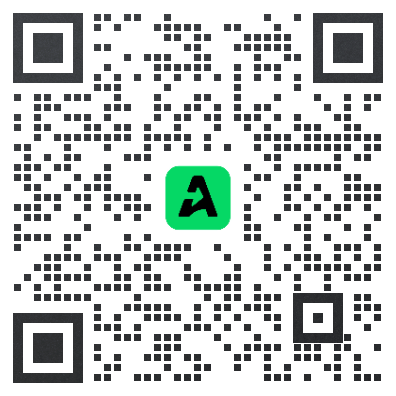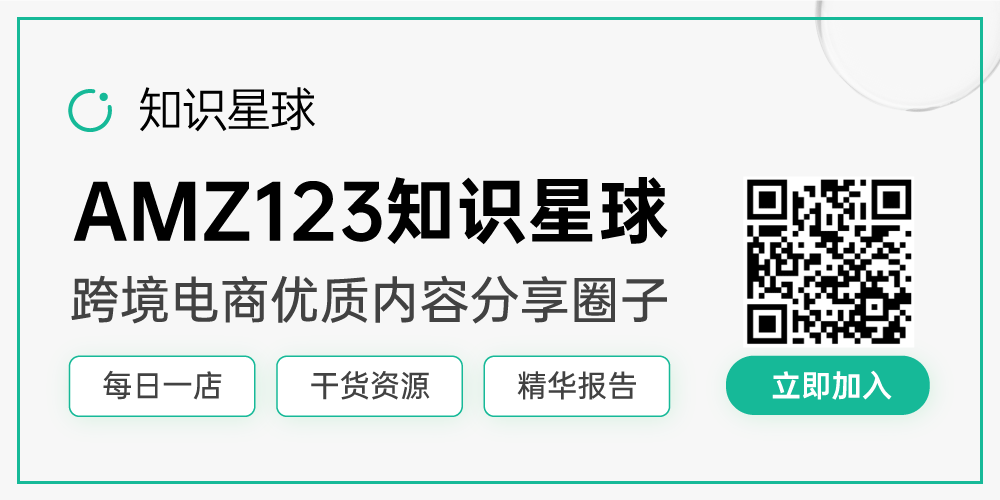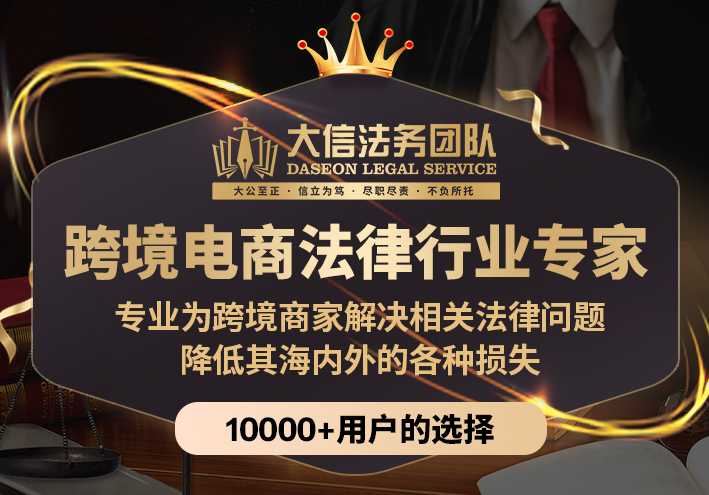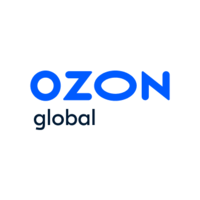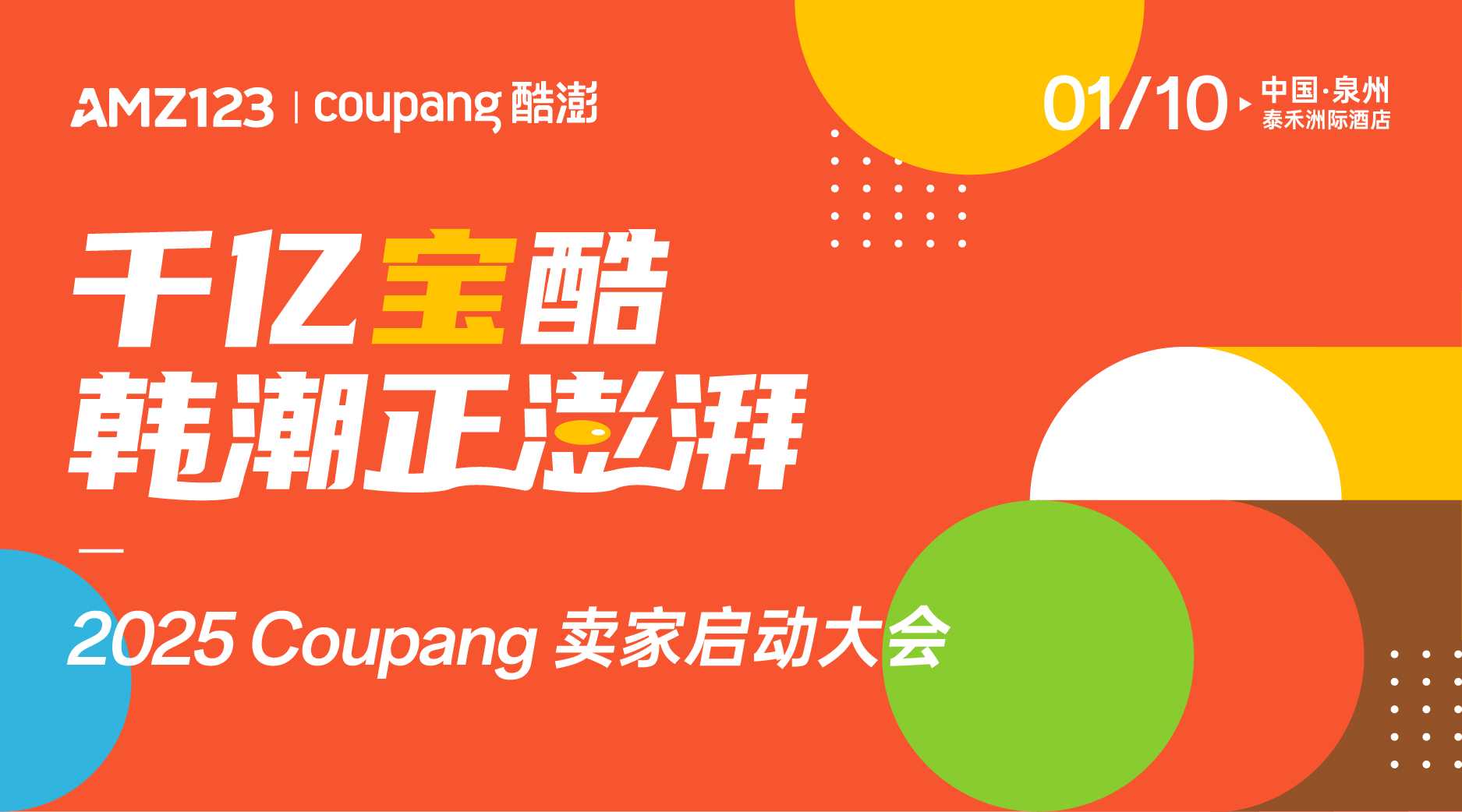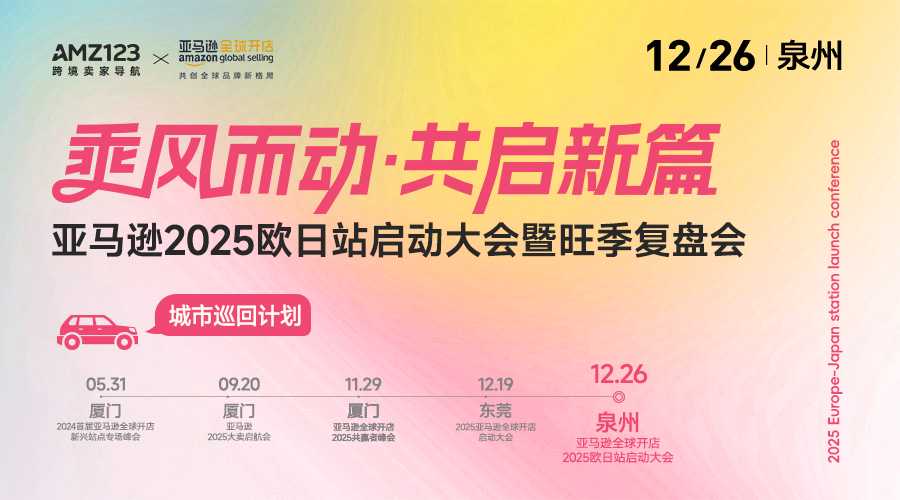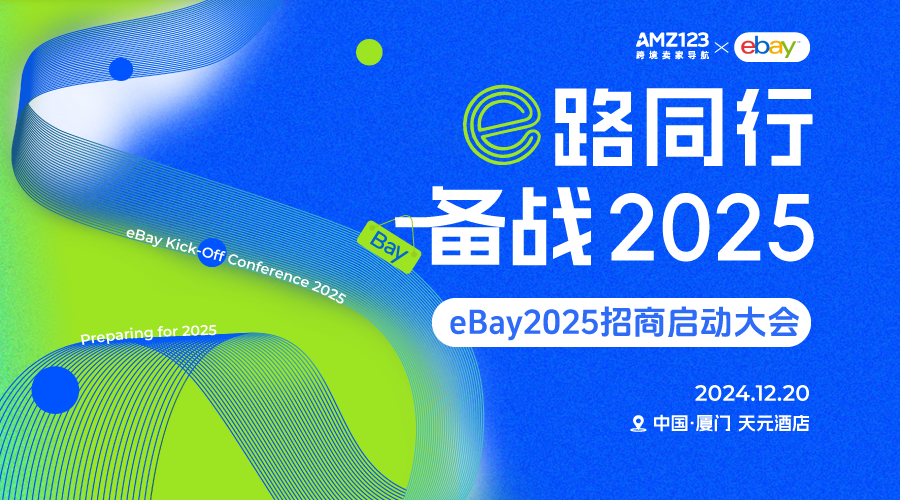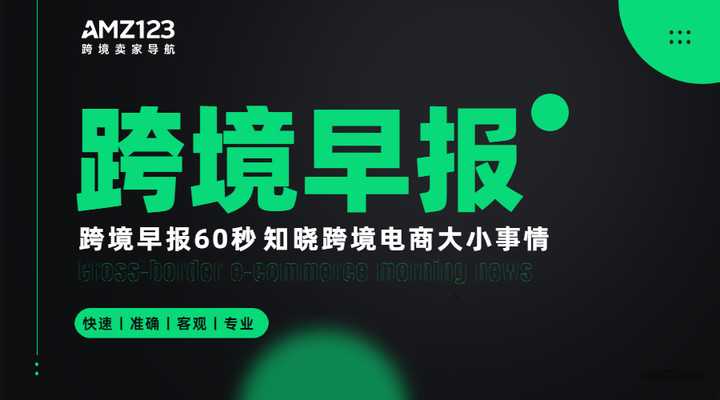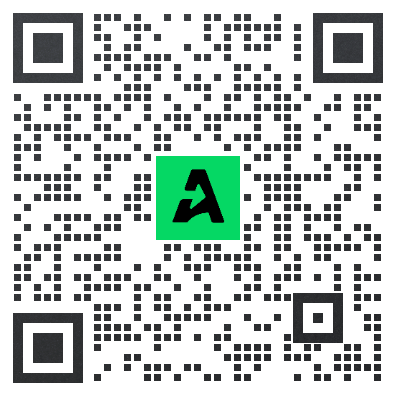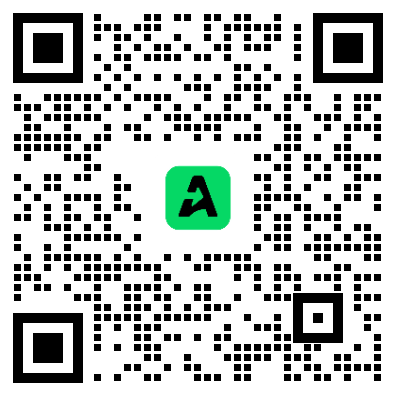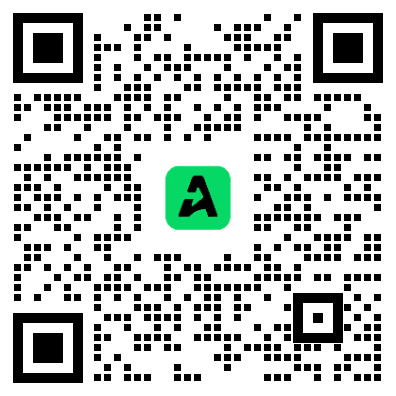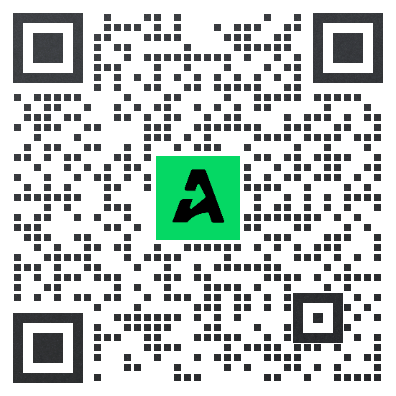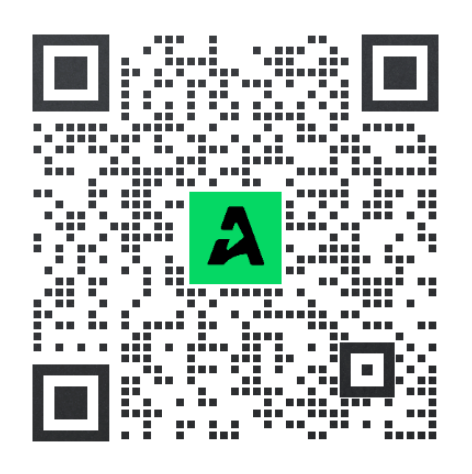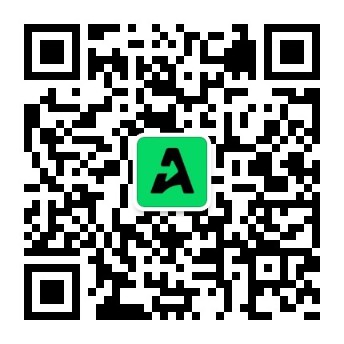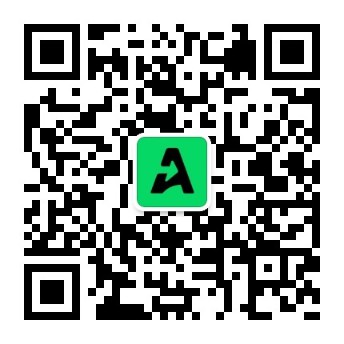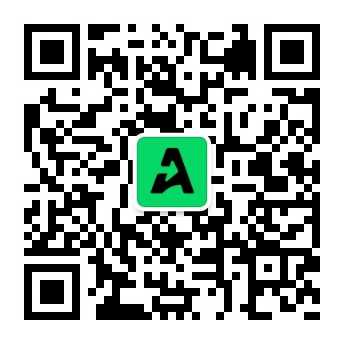亚马逊“Xinjiang Cotton”搜索结果整理记录
由于一直在更新亚马逊相关资讯,并且遇到问题,我也喜欢去追本溯源,搜索相关信息,昨天不止一个卖家问我:你知道亚马逊上热搜了么?
你觉得这个事情,是不是真的呢?

看了下,去搜搜 亚马逊
出来的第一条消息:有网友发现疑似美国亚马逊把中国棉品全部下架了

这些图,大家都可以去微博上,或者朋友圈看到,我就不放出来了,大家去微博上,去搜:亚马逊,可以看到相关讨论
不过他们都不是做亚马逊的,只是转个消息
那么首先,我们其实可以自己去验证下,如果亚马逊真的全部下降了“xinjiang cotton”,那么肯定亚马逊上是没有记录的。
那么,先去美亚上搜下 :

xinjiang cotton有两个延伸词,其中xinjiang cotton的结果:
可以看到有55个结果,前面有种植棉花技术的书籍,后面有袜子,T-Shirt等纺织品
从这个结果来看,至少微博热搜上的第一条:全部下架,是不对的。



我们再看亚马逊的其他的站点:
Amazon UK 站点,有232条关于 xinjiang cotton的记录

Amazon DE站点,有15条记录

Amazon AE 站点,有265条记录


Xinjiang Long-Staple Cotton
就是新疆长绒棉了
By the way,同一个关键词,在不同的国家的市场,可以看出搜出来的产品,产品主图风格,都是完全不一样的,这里其实也算是个人文化差异的体现吧。
在前台搜了,我们继续去后台搜索 xinjiang cotton

没什么记录,再去搜索 xinjiang

搜索 xinjiang ,同样没啥记录,不过有提示,可以去 论坛帖子上看看,于是我们转战到亚马逊卖家论坛:
可以看到,只有两个,关于Jewelry category,打开帖子的内容,是关于玉石的


认真查看,和Cotton纺织品是没有关系的
我们再看下,亚马逊关于供应链相关的政策规定
搜索“亚马逊供应链”,可以看到供应链标准的文档

链接:https://sellercentral.amazon.com.mx/gp/help/G202111990

这里所有有关键词链接的地方,我们都可以点击查看,然后就可以找到相关的政策依据了
计划政策:
https://sellercentral.amazon.com.mx/gp/help/521?language=zh_CN&ref=ag_521_cont_G202111990
顺便也能知道,在亚马逊上销售究竟要符合什么样的计划政策
(建议大家有空可以认真看下,其实被亚马逊禁止销售了,如何申诉,都可以参考这里的很多要求,根据要求各个攻破,按要求提供相关要求就好了)



亚马逊供应链标准网站:
https://sustainability.aboutamazon.com/people/supply-chain?workerCount=true&engagementProgram=true&productCategory=true


Amazon is strongly committed to conducting our business in a lawful and ethical manner, including engaging with suppliers who respect human rights, provide safe and inclusive workplaces, and promote a sustainable future.
亚马逊坚决致力于以合法和合乎道德的方式开展我们的业务,包括与尊重人权,提供安全和包容性工作场所并促进可持续未来的供应商合作。
所以从这里的规定,可以看出亚马逊对应供应链的要求,就是需要:
合法和合乎道德
需要包含:
尊重人权
提供安全和包容性工作场所
促进可持续未来的供应商合作

被美国海关和边境保护局标识为此类商品的商品
https://www.cbp.gov/trade/programs-administration/forced-labor

我们详细阅读下这里规定的英文原文:
Forced Labor
Section 307 of the Tariff Act of 1930 (19 U.S.C. § 1307) prohibits the importation of merchandise mined, produced or manufactured, wholly or in part, in any foreign country by forced or indentured labor – including forced child labor. Such merchandise is subject to exclusion and/or seizure, and may lead to criminal investigation of the importer(s).
When information reasonably but not conclusively indicates that merchandise within the purview of this provision is being imported, the Commissioner of U.S. Customs and Border Protection (CBP) may issue withhold release orders pursuant to 19 C.F.R. § 12.42(e). If the Commissioner is provided with information sufficient to make a determination that the goods in question are subject to the provisions of 19 U.S.C. § 1307, the Commissioner will publish a formal finding to that effect in the Customs Bulletin and in the Federal Register pursuant to 19 C.F.R. § 12.42(f).
How You Can Help
CBP regulations state that any person who has reason to believe that merchandise produced by forced labor is being, or is likely to be, imported into the United States may communicate his belief to any Port Director or the Commissioner of CBP (19 C.F.R. § 12.42).
If you wish to report allegations of forced labor violations, please submit them to CBP at the following address: https://eallegations.cbp.gov/Home/Index2
If you are a member of the media, please visit the Office of Public Affairs at www.cbp.gov/newsroom/press.
If you would like information about CBP's Forced Labor program, please contact https://help.cbp.gov.
Key Points
The Trade Facilitation and Trade Enforcement Act of 2015 was signed by the President on February 24, 2016. The law repealed the “consumptive demand” clause in 19 U.S.C. § 1307. The clause had allowed importation of certain forced labor-produced goods if the goods were not produced “in such quantities in the United States as to meet the consumptive demands of the United States.” Repeal of the consumptive demand exception should enhance CBP’s ability to prevent products made with forced labor from being imported into the United States.
CBP acts on information concerning specific manufacturers/exporters and specific merchandise. The agency does not generally target entire product lines or industries in problematic countries or regions.
CBP partners with U.S. Immigration and Customs Enforcement and other participating U.S. government agencies to investigate forced labor allegations.
CBP encourages stakeholders in the trade community to closely examine their supply chains to ensure goods imported into the United States are not mined, produced or manufactured, wholly or in part, with prohibited forms of labor, i.e., slave, convict, indentured, forced or indentured child labor.
Google翻译:
翻译结果
强制性劳役 《 1930年关税法》(美国法典第19条第1307款)第307条禁止在任何外国以强迫或契约劳动(包括强迫童工)全部或部分进口开采,生产或制造的商品。此类商品可能会被排除和/或扣押,并且可能导致对进口商进行刑事调查。当信息合理但非结论性地表明正在进口本规定范围内的商品时,美国海关与边境保护局局长(CBP)可以根据19 C.F.R.发出扣留释放令。§12.42(e)。如果向专员提供的信息足以确定所涉货物是否受19 U.S.C.根据《联邦法规》第1307条的规定,专员将根据《美国联邦法规》第19章在《海关公告》和《联邦公报》中发布与此相关的正式裁定。第12.42(f)条。您将如何提供帮助 CBP法规规定,任何有理由相信强迫劳动生产的商品正在或可能被进口到美国的人,都可以将其信念传达给CBP的任何港口主任或专员(19 CFR§12.42)。。如果您想报告有关强迫劳动的指控,请通过以下地址将其提交给CBP:https://eallegations.cbp.gov/Home/Index2 如果您是媒体成员,请访问公共事务办公室,网址为www.cbp.gov/newsroom/press。如果您需要有关CBP强迫劳动计划的信息,请联系https://help.cbp.gov。关键点 总统于2016年2月24日签署了2015年《贸易便利化和贸易执行法》。该法律废除了美国《美国法典》第19款中的“消费需求”条款。第1307条。该条款允许进口某些强迫劳动生产的商品,前提是该商品的生产量“不在美国,不能满足美国的消费需求”。废除消费性需求例外应增强CBP防止强迫劳动制成的产品进口到美国的能力。CBP根据有关特定制造商/出口商和特定商品的信息行事。该代理商通常不会针对有问题的国家或地区的整个产品线或行业。CBP与美国移民和海关执法局以及其他美国政府参与机构合作,调查了有关强迫劳动的指控。CBP鼓励贸易界的利益相关者仔细检查其供应链,以确保不会完全或部分地开采,生产或制造进口到美国的货物,而这些货物的生产或禁止以奴役,定罪,契约,强迫或强迫劳动的形式存在。契约童工。
负责采购网络的棉花保证:
https://www.sourcingnetwork.org/the-cotton-pledge

Cotton Pledges Against Forced Labor
Thank you for your interest in signing the Cotton Pledges Against Forced Labor. Over 250 industry brands and retailers have signed the Uzbek Cotton Pledge, committing to end the practice of forced labor in the cotton sector in Uzbekistan. Companies are now invited to sign the Turkmen Cotton Pledge to end government-sponsored forced labor in Turkmenistan's cotton sector.
棉花承诺反对强迫劳动
感谢您有兴趣签署反对强迫劳动的棉花承诺。超过250个行业品牌和零售商签署了《乌兹别克斯坦棉花承诺》,承诺终止乌兹别克斯坦棉花部门的强迫劳动做法。现在,公司被邀请签署《土库曼棉花承诺》,以终止政府资助的土库曼斯坦棉花部门的强迫劳动。
观点:从官网首页可以看出,目前乌兹别克斯坦以及土库曼斯坦这两个国家的棉花,被认为是强迫劳动,签署了反对强迫劳动的棉花承诺,那么就意味着不能从这两个国家进口

我们再看看,这个请愿书,说的是什么,毕竟,目前XUAR地区,也被认为强迫劳动,可以先了解这里面的具体规定是什么
乌兹别克斯坦的请愿书:
https://www.sourcingnetwork.org/uzbek-cotton-pledge
Company Pledge Against Forced Labor in the Cotton Sector of Uzbekistan
We, the undersigned companies are working to ensure that forced labor does not find its way into our products. We are aware of reports documenting the systemic use of forced labor in Uzbekistan's cotton production. We are collaborating with a multi-stakeholder coalition to raise awareness of this very serious concern, and press for its elimination.
As a signatory to this pledge, we are stating our firm opposition to the use of forced labor in Uzbekistan's cotton production. We commit to not knowingly source Uzbek cotton for the manufacturing of any of our products until the Government of Uzbekistan ends the practice of forced labor in its cotton sector. Until the elimination of this practice is independently verified by the International Labour Organization as well as determined by the Cotton Campaign, we will maintain this pledge.
Pledge Signatories
The following companies have signed the pledge to eliminate Uzbek cotton from their supply chains. Explore our list of signatories to see if your favorite brands and retailers have joined us!
Total Signatories: 313
Last Updated: February 25, 2021
可以看到,目前这个请愿书,在2.25最后更新,已经获得了313个签名
By the way ,以后再业务合作过程中的,需要的相关承诺书,英文版相关格式,可以参考这个了。
中文翻译:
公司对乌兹别克斯坦棉花行业中强迫劳动的承诺
我们,签名企业,正在努力确保强迫劳动不会进入我们的产品。我们知道有报告记录了乌兹别克斯坦棉花生产中系统使用强迫劳动的情况。我们正在与一个多方利益相关者联盟合作,以提高对这一非常严重问题的认识,并敦促消除它。
作为这一承诺的签署者,我们表示坚决反对乌兹别克斯坦的棉花生产中使用强迫劳动。我们承诺在乌兹别克斯坦政府结束其棉花部门的强迫劳动做法之前,不得在不知情的情况下采购乌兹别克斯坦的棉花用于生产我们的任何产品。在国际劳工组织独立确认消除这种习俗以及棉花运动确定消除这种习俗之前,我们将维持这一承诺。
质押签署人
下列公司已签署承诺,从其供应链中淘汰乌兹别克斯坦的棉花。浏览我们的签名者列表,看看您最喜欢的品牌和零售商是否已加入我们!
签署人总数:313
上次更新时间:2021年2月25日
我们再来看下,
产自危险或不安全的工作条件中,包括被 Bangladesh Accord 视为不合格的工
其中,Bangladesh Accord,提到的是什么
网站:https://bangladeshaccord.org/2018/08/22/ineligible-suppliers/

直接上Google翻译:

如果亚马逊有理由怀疑的某些商品不符合我们的供应链标准,我们可能会要求您:
展示符合亚马逊供应链标准的政策
提供审计协议、用于评估工厂工作条件的流程,或参加要求由工厂进行监督的已批准设立的行业协会
提供生产或制造商品的工厂的相关信息
未经事先通知对有问题工厂进行审查,可能包括在无监督的情况下访问工人
如果您供应的商品违反法律或亚马逊的任何政策(包括那些违反亚马逊供应链标准生产的商品),我们会根据情况采取适当纠正措施。这些措施包括但不限于:退还库存(费用由您承担)、立即暂停或终止销售权限、销毁亚马逊运营中心内的库存且不提供赔偿,或终止业务关系。
然后,朋友圈广为流传的这张图:

我也特意去问了货代朋友,获得的回复如下:



也就是他们不收纺织品的原因,不是不能走,而是一位查验率高和关税高,担心影响其他产品的时效
可以获得的信息,就是,目前确实纺织品在走货出口这块,严格了许多。
通过以上检索,可以得出什么结论呢?
针对微博热搜上的“疑似全部下架”,其实通过检索发现,其实搜索xinjiang cotton,暂时我在各个站点,搜相关关键词,是有结果的,而且还能发现,有卖家在利用这个关键词上新品。
通过亚马逊后台,搜索计划政策,搜索供应链标准,查看所有相关的网页,可以发现,目前并没有明确的提出,针对 "xinjing cotton"
但是可以发现,亚马逊有明确要求
我们不允许亚马逊店铺的商品:
是使用强迫劳动、契约劳工或童工生产的,包括:
被美国海关和边境保护局标识为此类商品的商品
由产自土库曼斯坦或乌兹别克斯坦的棉花制成的商品(有关更多信息,请参阅负责采购网络棉花保证)
产自危险或不安全的工作条件中,包括被 Bangladesh Accord 视为不合格的工厂
是在员工受到歧视或虐待(身体、语言或心理)的工厂中生产的
3. 打开所有网站,可以看到,目前被亚马逊,由于使用了Forced Labor,明令进口棉花产品的国家是:乌兹别克斯坦和土库曼斯坦
也就是说:如果我们的伟大祖国,也放到这个名单里面去了,也是会被放到这个供应商网络中,受到影响的。
4.如果不符合亚马逊关于供应链标准的规定,是有可能被制裁的
5.目前要出口纺织品到海外,确实查验率以及关税等都非常高,也就是我们确实受到了限制
在这里也做个调查,大家如果有做纺织品的卖家朋友,也可以在文章末端的留言区,发表你的观点
看下你是否收到了,棉花强制下架的要求




